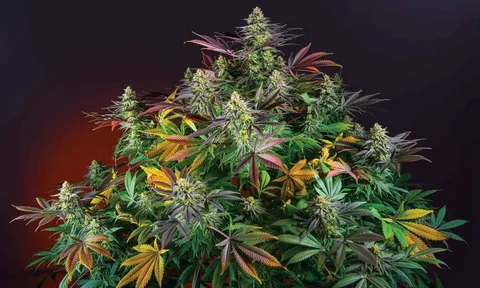As the cannabis industry grows, many businesses are seeking a license. However, many hopeful entrepreneurs stumble into common pitfalls that can derail their chances of success. Understanding the common pitfalls to avoid can make obtaining a New York dispensary license easy. Keep reading to learn what you need to steer clear of.
- Inadequate Research
A misstep you can make when applying for a dispensary license is failing to conduct thorough research into local, state, and federal regulations. Each jurisdiction has its own set of laws governing the cannabis industry, including zoning laws, security requirements, and product testing standards. Without a comprehensive understanding of these regulations, you risk submitting an application that is either incomplete or non-compliant.
Before submitting an application, familiarize yourself with the specific laws in your area. Review the application guidelines provided by the regulatory authority and understand the criteria they prioritize when evaluating applicants. For example, some regions may focus on the applicant’s ability to serve the community or promote responsible cannabis use. Aligning your business plan with these priorities will enhance your chances of being viewed favorably.
Additionally, consider seeking advice from industry experts or legal counsel specializing in cannabis regulations. They can provide invaluable insights into the complexities of the law, helping you avoid common mistakes.
- Neglecting to Develop a Comprehensive Business Plan
A robust business plan is the backbone of your application. It should outline your vision, operational strategy, and financial projections. It should also detail how you intend to manage your dispensary, from sourcing products to marketing and customer service. Neglecting this crucial component can raise red flags for reviewers and diminish your chances of approval.
- When crafting your business plan, include specific information about your target market, competitive analysis, and marketing strategies. Highlight how your dispensary will contribute positively to the local community, such as promoting responsible consumption or providing educational resources about cannabis. A clear business plan will demonstrate to regulators that you have thought through your business model and are prepared for the challenges ahead.
Also, consider including a detailed budget and funding sources in your business plan. This way, you’ll show that you have a realistic understanding of the financial landscape and are prepared for the expenses of running a dispensary. Investors and regulatory bodies alike will appreciate your foresight and planning, which can be a deciding factor in the approval process.
- Underestimating the Importance of Community Engagement
Community engagement is often overlooked but plays a crucial role in the success of your dispensary application. Regulatory authorities increasingly prioritize applicants who demonstrate a commitment to their communities, especially in states where cannabis has been legalized. Failing to engage with local stakeholders can lead to opposition from community members, which may jeopardize your application.
Actively participate in community meetings and discussions related to cannabis. This will help you understand local concerns and allow you to build relationships with community leaders and residents. Additionally, consider forming partnerships with local organizations or charities. These partnerships will enhance your reputation and provide valuable support during the application process, as community endorsements can carry significant weight with regulators.
Summing Up
Being aware of these common pitfalls and taking proactive measures to avoid them will position you for success in the competitive cannabis industry. If you research and plan carefully, you can navigate the complexities of obtaining a dispensary license and establish a thriving business.



